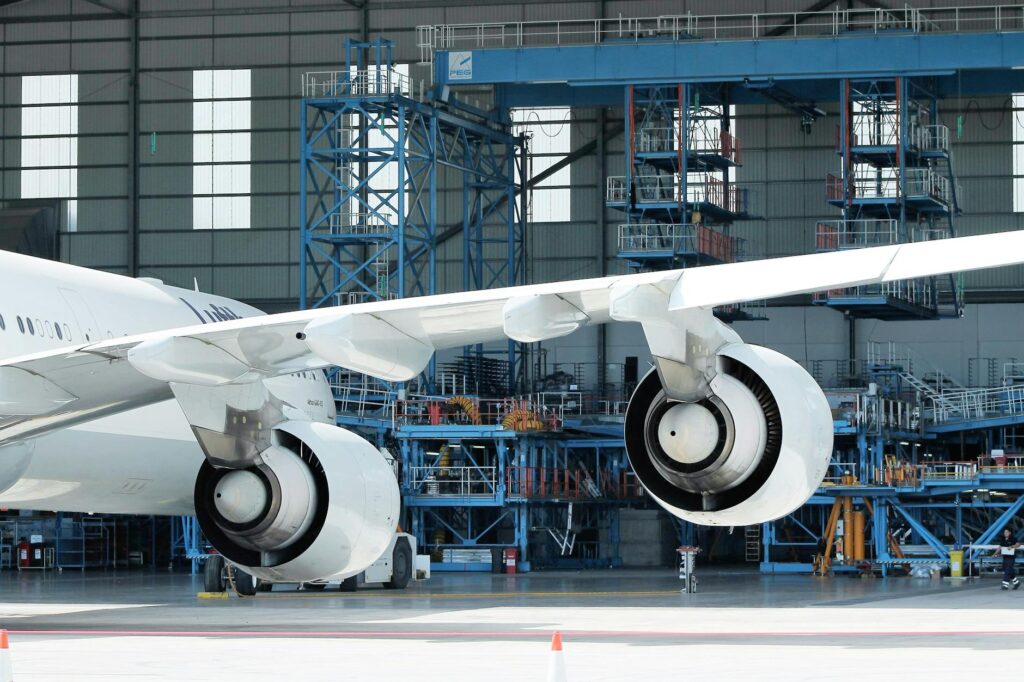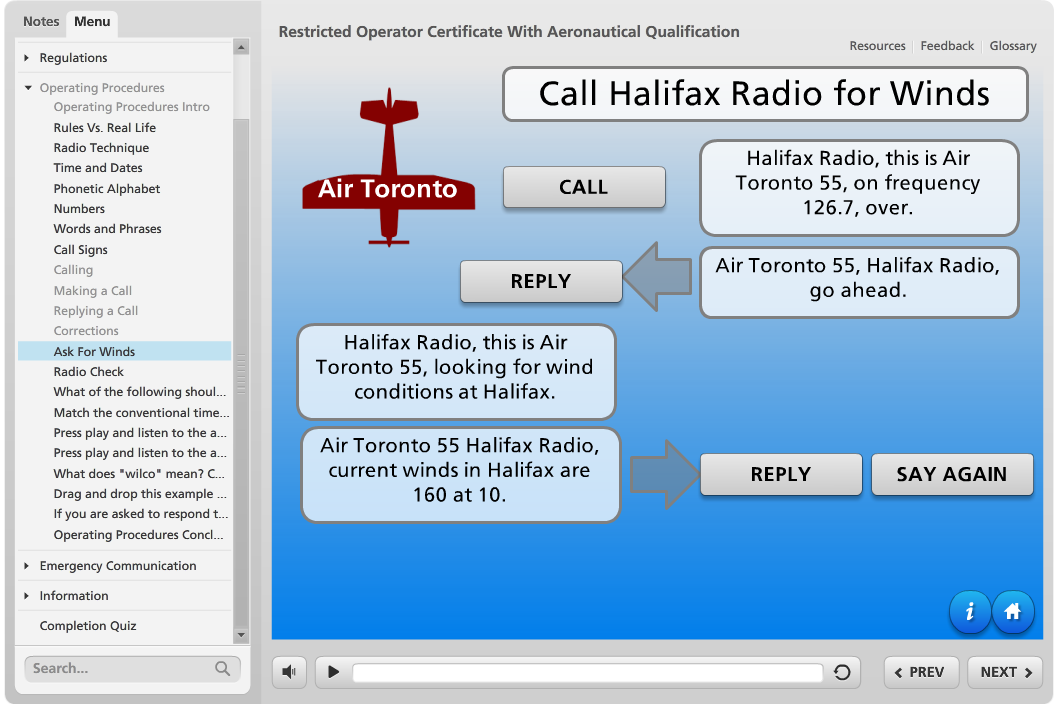Opinion Piece Response: The Real Value of Skilled Maintenance Engineers in Aviation

After reading Ashley Nunes’ opinion piece, “WestJet mechanics make only $109,000 on average. Oh, the humanity,” I feel compelled to point out how short-sighted and unhelpful this opinion is.
The author expresses shock at the salary aircraft maintenance engineers earn, framing it as excessive compared to the average Canadian income. However, this perspective ignores the significant expertise, responsibility, and risks associated with aviation maintenance. The claim that higher wages for aircraft maintenance engineers are unnecessary ignores the realities of the current market demand and the critical need for skilled labour to maintain the safety and reliability of air travel. In fact, WestJet has acknowledged the need for a better contract to remain competitive during a time of growth.
Nunes suggests that if aircraft maintenance engineers believe their labour is worth more, they should seek employment elsewhere, implying that their current compensation is fair. This overlooks the fundamental principle of collective bargaining, which allows workers to negotiate better terms collectively rather than individually, ensuring a fairer distribution of benefits and working conditions.
The author’s comparison to the 1981 air traffic controllers’ strike under President Reagan is misplaced. While Reagan’s actions might have seemed like tough love, they also resulted in long-term negative impacts on the air traffic control system, including a loss of experienced personnel and diminished safety standards. This would be unacceptable in aviation today.
Interestingly, Nunes had similar arguments during the 2018 pilot labour negotiations at WestJet, claiming that “WestJet’s labour dispute is about expanding union influence, not protecting existing jobs.” While COVID-19 wreaked havoc on the industry, the arbitrated pilot contract from that period failed to attract sufficient numbers of pilots to support WestJet’s growth during the recovery. It wasn’t until the negotiated contract in 2023 (including a potential strike and lockout), which included the absorption of Swoop, that pilot attraction and retention met the company’s needs. Despite Nunes’ dire predictions, WestJet has recently maintained a healthy supply of professional pilots who ensure the safety of the flying public, and ticket prices have remained competitive with other airlines. Additionally, WestJet has had several profitable quarters since the most recent negotiations in 2023. This historical context highlights that fair negotiations and improved compensation do not necessarily lead to negative economic outcomes but can enhance operational efficiency and safety. It seems the underlying issue for the author is his dislike of unions.
Unions play a crucial role beyond just advocating for higher wages. They ensure that working conditions meet high safety standards, which directly benefits the travelling public. For instance, my union, the Air Line Pilots Association (ALPA) has been at the forefront of promoting aviation safety, advocating for measures such as maintaining at least two pilots in the flight deck, pushing for duty limits to protect against fatigue, and improving mental health support for pilots. These initiatives, driven by union efforts, enhance overall safety in the aviation industry, benefiting all stakeholders, including passengers.
Reducing the discussion of aircraft maintenance engineers’ value to mere dollars and cents overlooks the critical importance of having a highly trained, well-compensated, and satisfied workforce maintaining aircraft. The public’s primary concern is safety, and it should demand that airlines hire the best professionals available. Ensuring that aircraft maintenance engineers are fairly compensated is integral to maintaining high safety standards and operational efficiency.
While labour disruptions can temporarily inconvenience the travelling public, the long-term benefits of a well-compensated, highly-skilled workforce far outweigh these disruptions. By investing in their employees, airlines like WestJet not only improve job satisfaction and retention but also enhance safety and reliability, ultimately benefiting passengers. The true value of skilled aircraft maintenance engineers cannot be measured solely in financial terms; it is reflected in the safety and efficiency of the aircraft they maintain.





